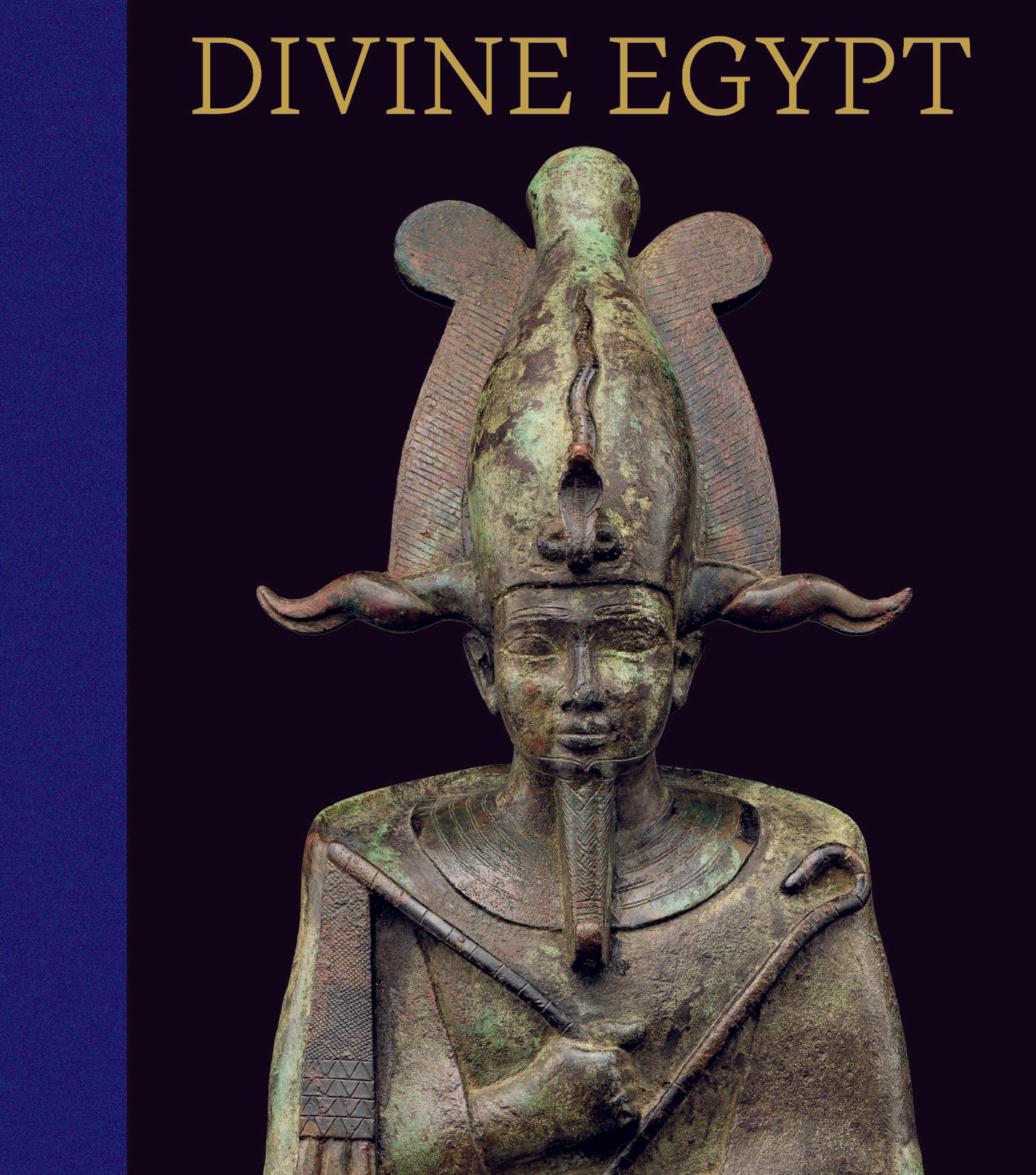Cosmetic container decorated with a pair of Bes-images
As a measure for preventing disease, eye paint was second only to water in ancient Egypt. It was prepared from malachite and galena, ground on slate palettes, mixed with fat, and then applied around the eyes using a small stick, or applicator. Green eye paint, made from malachite, was primarily cosmetic. Galena is black in color, and the paint derived from it helped to reflect the glare of the Egyptian sun. More importantly, its lead content repelled flies and was deadly to the organisms that can cause eye disease and blindness.
On this green kohl tube is the image of the god Bes, whose gruesome figure was meant to repel the supernatural forces believed to cause eye disease.
On this green kohl tube is the image of the god Bes, whose gruesome figure was meant to repel the supernatural forces believed to cause eye disease.
Artwork Details
- Title:Cosmetic container decorated with a pair of Bes-images
- Period:New Kingdom
- Dynasty:early Dynasty 18
- Date:ca. 1550–1400 BCE
- Geography:From Egypt
- Medium:Steatite, glazed
- Dimensions:H. 6.6 × W. 4.4 × D. 3.7 cm (2 5/8 × 1 3/4 × 1 7/16 in.)
- Credit Line:Purchase, Edward S. Harkness Gift, 1926
- Object Number:26.7.1277
- Curatorial Department: Egyptian Art
More Artwork
Research Resources
The Met provides unparalleled resources for research and welcomes an international community of students and scholars. The Met's Open Access API is where creators and researchers can connect to the The Met collection. Open Access data and public domain images are available for unrestricted commercial and noncommercial use without permission or fee.
To request images under copyright and other restrictions, please use this Image Request form.
Feedback
We continue to research and examine historical and cultural context for objects in The Met collection. If you have comments or questions about this object record, please contact us using the form below. The Museum looks forward to receiving your comments.
